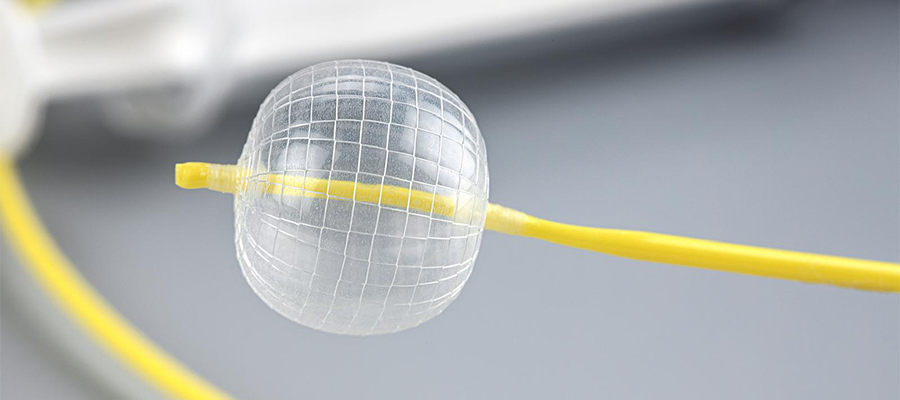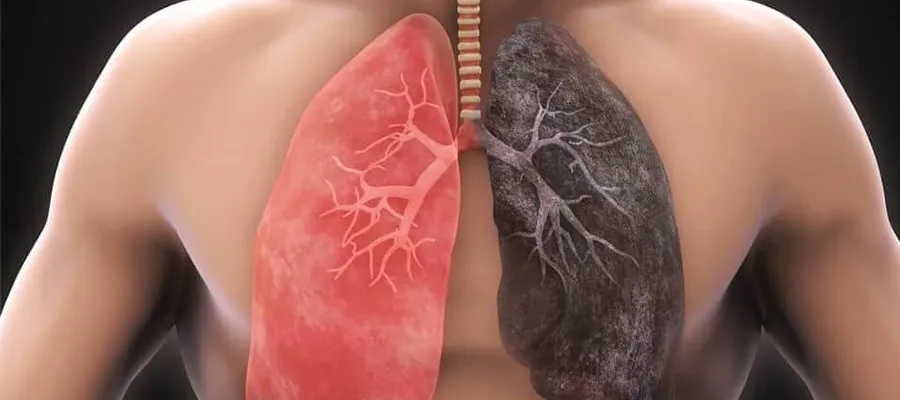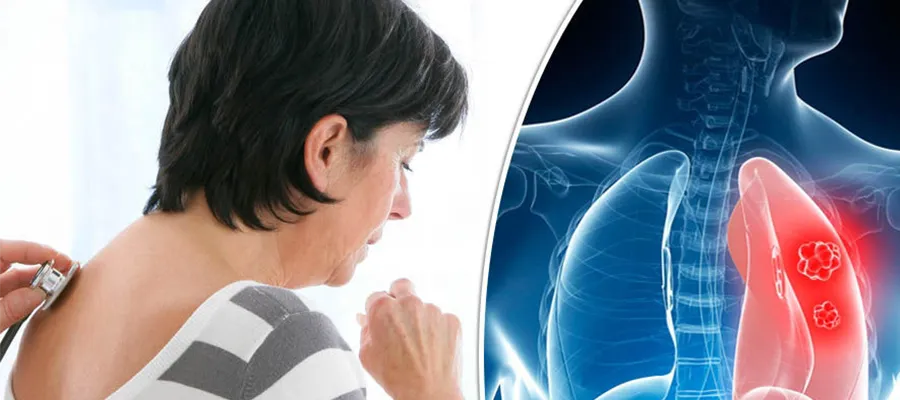Can Stage 1 COPD Be Cured?
COPD, or Chronic Obstructive Pulmonary Disease, is a health problem that affects millions of people worldwide and can significantly reduce quality of life. Early diagnosis is crucial for this disease. The question, “Can stage 1 COPD be cured?” is one of the most frequently asked questions for both patients and their families. While COPD is generally considered a chronic and progressive disease, it is possible to largely control the disease with measures and treatments taken in the early stages.
Stage one of COPD is the mildest stage of the disease, and patients are often unaware they are in this stage. Because the symptoms are so mild, they can sometimes be overlooked, such as brief shortness of breath and occasional coughs or phlegm production. However, this stage presents a critical opportunity to combat the disease and prevent its progression.
What is Stage One of COPD?
COPD is generally classified into four main stages, based on a person’s respiratory capacity. Stage one represents the earliest stage of the disease, and lung function remains above 80 percent. This means that a person can carry out normal activities, but may experience mild shortness of breath during exertion. Otherwise, there are no serious problems with daily life.
At this point, it’s quite appropriate to ask, “Can Stage 1 COPD be cured?” Because at this stage, the symptoms haven’t yet caused significant damage to the body, and lifestyle changes can halt or significantly slow the progression of the disease. This allows a person to live an active and healthy life for many years.
What are the symptoms of COPD Stage 1?
Symptoms in the first stage are generally mild and sometimes unnoticeable. However, careful observation can reveal some signs. For example, a mild cough in the morning, occasional shortness of breath, or easy fatigue during strenuous activities can be the first signs of COPD. Some patients may develop a habit of expectorating phlegm, but this is usually mild.
These symptoms are often dismissed as “a natural consequence of smoking” or “a sign of aging.” However, early intervention in COPD is crucial for slowing the progression of the disease. Therefore, even the slightest suspicion warrants consultation with a pulmonologist.
Can Stage 1 COPD Be Cured or Just Controlled?
COPD is defined in medical literature as a chronic and progressive disease. This means that, structurally, it cannot be completely cured. However, this should not mean losing hope. Especially when diagnosed in the first stage, COPD can be controlled with appropriate treatment and lifestyle changes. In some patients, the disease can remain stable for years without any progression. Therefore, the answer to the question, “Can stage 1 COPD be cured?” should be “controlled,” not “cured” in the classic sense.
A long and quality life with the disease is possible if a person quits smoking, follows their doctor’s treatment plan, eats a healthy diet, and exercises regularly. This process significantly reduces the likelihood of the disease returning or worsening.
How Does the Treatment Process Progress?
In the first stage, COPD patients are generally prescribed low-dose bronchodilator medications. These medications widen the airways, making breathing easier. If symptoms are very mild, medication may not even be necessary; lifestyle changes alone can help manage the condition. A personalized treatment plan is developed, and the disease progress is monitored with periodic breathing tests.
Preventive measures such as flu and pneumonia vaccinations are also recommended during this time. Infections can cause flare-ups in COPD patients. Therefore, maintaining a strong immune system is an important part of managing COPD.
How Does Quitting Smoking Affect COPD?
The most common cause of COPD is smoking. Therefore, quitting smoking is the most important factor directly affecting the course of the disease. Quitting smoking in the early stages can halt further progression of the disease. In some cases, significant improvements in lung function can even be observed. This provides significant benefits not only for respiratory health but also for overall health.
After quitting smoking, the body begins to repair itself. While lung tissue may not completely regenerate, existing structures can be made to function more efficiently. There is a significant reduction in cough and phlegm, and breathing becomes easier. This results in a feeling of well-being, both physically and psychologically.
The Role of Exercise and Physical Activity
The role of exercise in managing COPD is often overlooked. However, regular exercise helps your lungs maximize their current capacity. Of course, this exercise shouldn’t be high-intensity or strenuous. Brisk walking, gentle stretching, and breathing exercises are highly beneficial for patients with stage 1 COPD.
These types of physical activities strengthen respiratory muscles. They also increase endurance and reduce shortness of breath. Exercise is also beneficial for mental health, helping to combat conditions like depression and anxiety, which are common in COPD patients.
The Importance of Nutritional Habits
A healthy, balanced diet increases the body’s overall resistance and protects against infection. Fruits and vegetables high in antioxidants, healthy fats like olive oil, high-quality protein sources, and adequate water intake provide significant support in the fight against COPD.
Harmful habits such as processed foods and excessive salt and sugar consumption should be avoided. Furthermore, weight control is essential, as excess weight can hinder breathing. Being underweight or overweight can exacerbate COPD symptoms. Therefore, maintaining a healthy weight is an important part of treatment.
Spiritual Support and Psychological Resilience
Living with a chronic illness can be psychologically draining at times. Therefore, it’s recommended that COPD patients seek psychological support or join a support group. Even in the early stages of the disease, thoughts like, “Will I get worse?” can negatively impact a patient’s mental health. In such cases, seeking professional support can be beneficial for both morale and treatment compliance.
In Conclusion: Can Stage 1 COPD Be Cured?
Stage 1 of COPD is one of the most critical stages of the disease. While it’s impossible to completely eliminate the disease at this stage, it’s highly likely that it can be controlled and its progression halted. So, yes, stage 1 COPD is incurable, but it can be effectively managed, and individuals can live healthy lives for many years without compromising their quality of life.








